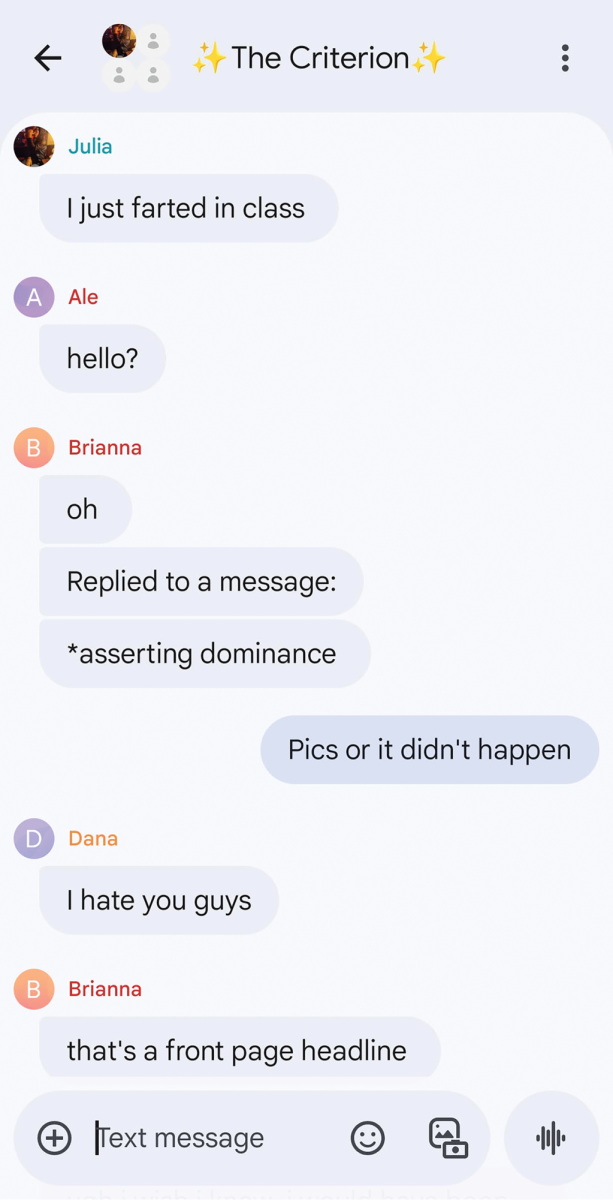While Curbside Recycling Indefinitely (CRI) has led our city in its recycling efforts since 2016, the City of Grand Junction has been implementing a new Recycling Division that will radically change how we handle our waste in the city.
And although climate-centered news can often feel hopeless–especially as we are seeing firsthand the devastation climate change is causing–the City of Grand Junction has been working tirelessly to lead us into a more sustainable future through the implementation of this new recycling program.
Starting in March, Grand Junction began to phase in different sectors of the city into this new program, and residents across the valley have begun utilizing the new system to much success.
The most recent phase saw nearly 2,000 residential homes being added to their routes, and many are finding countless new benefits that have come with the implementation of the program.
The new recycling division brings with it new features that make recycling simple, local and more sustainable.
First, the recycling division has been working toward instituting yard and food waste streams, which will allow the City of Grand Junction to implement city-wide compost opportunities and reduce the waste we deliver to the landfill.
For now, a pilot program for food waste has been instituted among restaurants on Main Street, and countless pounds of food waste have already been diverted into local compost stations.
The City of Grand Junction has made it clear that the recycling and compost will be kept as local as possible, both as a means to reduce carbon emissions in transporting the materials and to promote community engagement with the program.
Currently, the yard waste is able to be composted and returned to the residents through Mesa County’s landfill, while food waste is able to be processed by a class-three compost facility in Olathe.
When it comes to plastic, there is a reduced ability to handle it locally, however, the new division intends to keep our recycling efforts domestic, ensuring that it is delivered and processed as sustainably and economically as possible.
However, while we cannot process plastic in the valley, residents are finding that new types of plastic are now recyclable within the city, such as blister and clamshell packaging.
And where recycling previously had to be separated into distinct categories (i.e. plastic, cardboard, paperboard, paper etc.), the new recycling system has simplified the recycling process by separating it into two distinct waste streams.
The hope is that, with only two categories, Grand Junction will see increased participation among residents.
Finally, the system itself is going to be far more accessible than the way it was previously handled in Grand Junction. Rather than individual residents having to opt-in to the recycling program, the city’s new division will automatically enroll all residents.
While no set time frame has been announced, we can be certain that the coming years will represent the dawning of a more sustainable Grand Junction as we begin implementing city-wide systems that reduce carbon emissions, limit the waste that goes to the landfill and encourages lifelong sustainable habits among our residents.
All of this is to say, Grand Junction has begun to work toward a future that many of us have continued to call for; however, there is also much to be said about where we go from here.
Ideally, this new program will simply be a launching point for continued city initiatives that move us toward an environmentally friendly city: reformed public transportation initiatives, better opportunities for renewable energy in homes, initiatives to make Grand Junction more walkable, and much more.
Although CRI served our valley well and helped create a basis for a more sustainable Grand Junction, the upcoming city-wide implementation of this new recycling program is going to be critical to our development as a city.
While climate change news can feel disparaging, students and community members must remember all we can do to help fight.
By participating in the new recycling program, working with or following the efforts of Colorado Mesa University’s Sustainability Council, and shopping at local and environmentally conscious businesses (i.e. New Way Refillery, Willow Creek, etc.), we as residents of the valley can lead our community toward a brighter and cleaner future.
While this new program by no means represents the end of the fight for a more sustainable Grand Junction, it shows residents that there is still hope for the future of our city and our residents. This program marks a new beginning.









